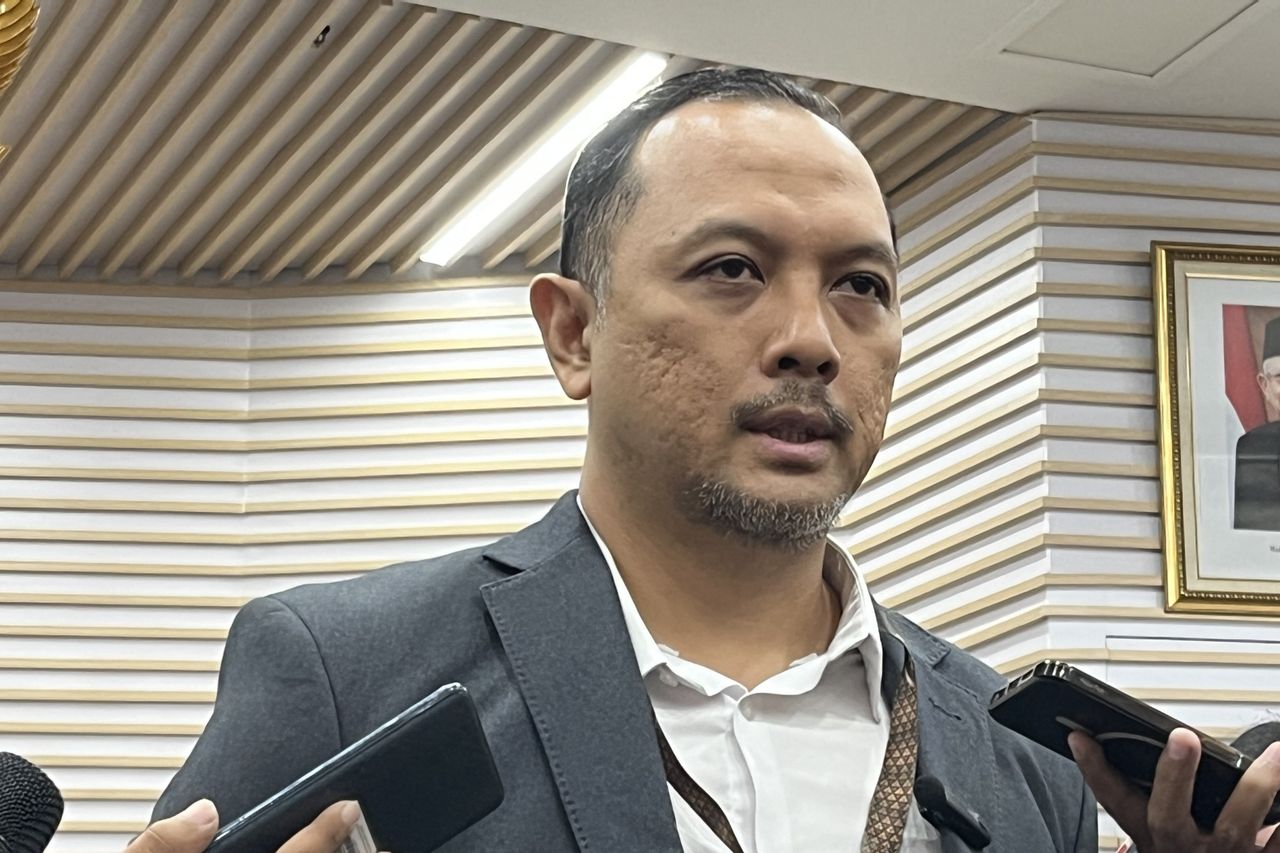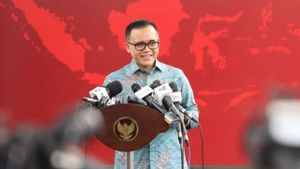Denying ICW, KPK Affirms No Structural Officer Obstructs Investigation Of Alleged Corruption

JAKARTA - The Corruption Eradication Commission (KPK) denies that there are parties internally who interfere with the handling of the case. Every finding will definitely be followed up.
This was conveyed by KPK spokesman Tessa Mahardika in response to Indonesia Corruption Watch (ICW)'s statement regarding the presence of officials in the anti-corruption commission from other agencies that hindered the handling of corruption cases.
"I think it can be asked directly to him (ICW, ed)," Tessa told reporters quoted on Tuesday, July 2.
Tessa ensures that the handling of cases in her institution has been carried out according to the rules. "So if there is evidence, it will be raised (to the next level, ed)," he said.
"If there is none then it cannot be forced," continued the spokesman with the background of the investigator.
Meanwhile, ICW researcher Diky Anandya accused officials at the Deputy for Corruption Eradication of the KPK often hindering cases of handling corruption. Although he did not specify his identity, this figure is said to have wanted to be returned to his agency but not in the end.
"There is one structural official at the Deputy for Enforcement of the KPK who is planned to be returned to his original agency but reportedly canceled after the KPK received a letter of extension of the party assignment at the KPK," Diky said in his statement, Tuesday, July 2.
"Even though the official is suspected to have serious problems, especially regarding efforts to hinder many cases," he continued.
Thus, Diky said that the complaint of the Deputy Chairperson of the KPK Alexander Marwata regarding the loyalty of investigators, investigators and prosecutors in a working meeting with Commission III of the DPR RI was not new. We believe that this problem is a form of failure caused by a number of factors both internally and externally," said Diky.
SEE ALSO:
However, this problem can actually be prevented by recruiting investigators themselves or independently as regulated in Article 43 and Article 45 of the KPK Law.
"So by carrying out this provision optimally, in the future the KPK will no longer depend on employees from other law enforcement agencies," he concluded.

